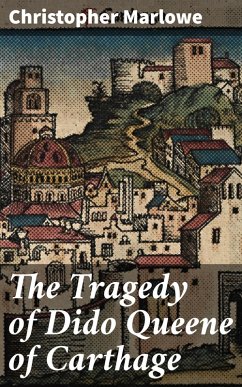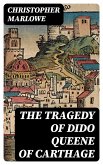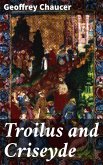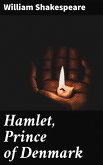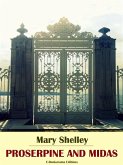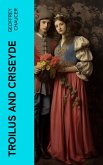"The Tragedy of Dido Queene of Carthage" is a play by the 16th-century English playwright Christopher Marlowe. The play tells about the founder and the first queen of Carthage, Dido. The play is oriented on Greek drama. Therefore the mystic and real subject lines intervene, and historical figures interact with godly creatures like Cupid.
Dieser Download kann aus rechtlichen Gründen nur mit Rechnungsadresse in A, B, BG, CY, CZ, D, DK, EW, E, FIN, F, GR, H, IRL, I, LT, L, LR, M, NL, PL, P, R, S, SLO, SK ausgeliefert werden.

